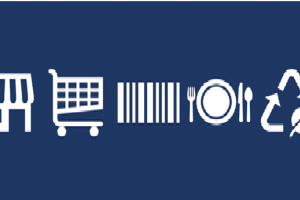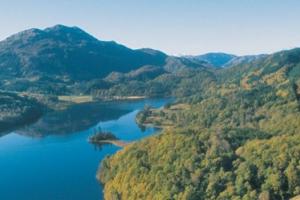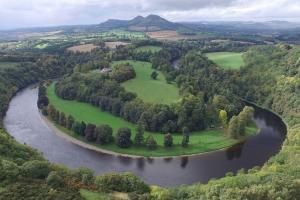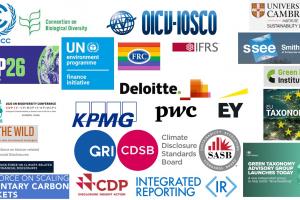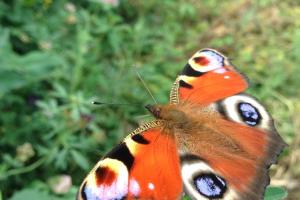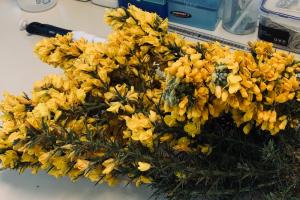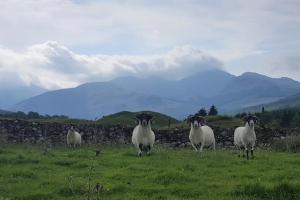29 Sep 2021
Gut health and heart disease – how important is your diet?
Cardiovascular disease (CVD) is the leading cause of death globally. In 2019 it was estimated that 17.9 million people died from CVD, representing 32% of all deaths globally. Poor diet can be a contributor to non-communicable diseases such as CVD; particularly diets that are rich in sugar, salt and unhealthy fats.
21 Sep 2021
Research investigating the link between gut bacteria and ageing brains
This blog discusses SEFARI research which is aiming to identify specific dietary changes that could affect our gut bacteria and our ageing brains. The composition and/or activity of our gut bacteria could help to maintain a healthy brain, and perhaps prevent, or at least slow down, the development of Alzheimer’s disease.
31 Aug 2021
Social and environmental aspects of food redistribution
An emergent model of food redistribution, social supermarkets (SSMs), hold considerable potential for facilitating social development in deprived areas while diverting food waste. SSMs take high quality surplus food, not sellable in the mainstream market, and provide it to low-income consumers for greatly discounted prices in a more dignified shopping experience.
20 Aug 2021
Woodland Creation Workshops - September-October 2021!
Do you have an interest in undertaking woodland creation or finding out about some of the challenges, opportunities and support available for developing a woodland scheme?
15 Jul 2021
WaterWall in Motion - A competition to share your water-related videos
From waterfalls to lochs, hydroelectric power to fisheries, Scotland is a country shaped by, and built on, its precious water resources. In this exciting campaign we invite researchers, industry, NGOs and the public from across Scotland to share your experiences, knowledge and expertise of our water resources. If you enjoy the water environment for leisure, relaxation, study, or work and want to share your knowledge and experience please read on.
5 Jul 2021
Climate and biodiversity crises: increasing corporate demands for environmental monitoring data, reporting, and verification
This year, 2021, has seen a lot of activity spanning climate and biodiversity international agreements, national and organisational level initiatives related to the 2015 Paris Agreement and run up to the Convention on Biological Diversity Conference of the Parties (COP15) meeting in Kunming, including the proliferation of net-zero pledges.
15 May 2021
How grassland farmers are tackling the climate and biodiversity crisis head on
The farming community are under pressure to not only produce more food and remain profitable but also for their practices to be more sustainable. Despite these pressures, the farming community is experimenting, adapting and sharing their findings.
12 May 2021
Eat them to beat them: Can Invasive Plants be Harnessed to Provide a Sustainable Source of Protein?
Agriculture bears the brunt of having to reliably supply food, ensure its own economic viability, while complying with environmental concerns. Farming comes under a lot of pressure to deliver produce, despite unfavourable climatic variation, changes in pest behaviour and the control of invasive plants.
12 Apr 2021
Why we need to consider the role of plants in the spread of zoonotic pathogens
Zoonotic pathogens are microorganisms transmitted by animals, which cause disease and illness in humans. Many of them are foodborne and are commonly associated with farmed animals, or less frequently with wildlife. However, some pathogens are also transmitted into the food-chain indirectly from animals onto plants, via faecal contamination of water used for irrigation or via the soil where the plants grow.
27 Mar 2021
Five SEFARI Research Farms - take a tour from your sofa
With the pandemic turning our lives upside down, the use of digital communication has accelerated overnight. Webinars, Teams meetings, Digital classrooms, Virtual brainstorming boards, to name but a few. They have all helped in keeping us connected from the safety of our own homes.


